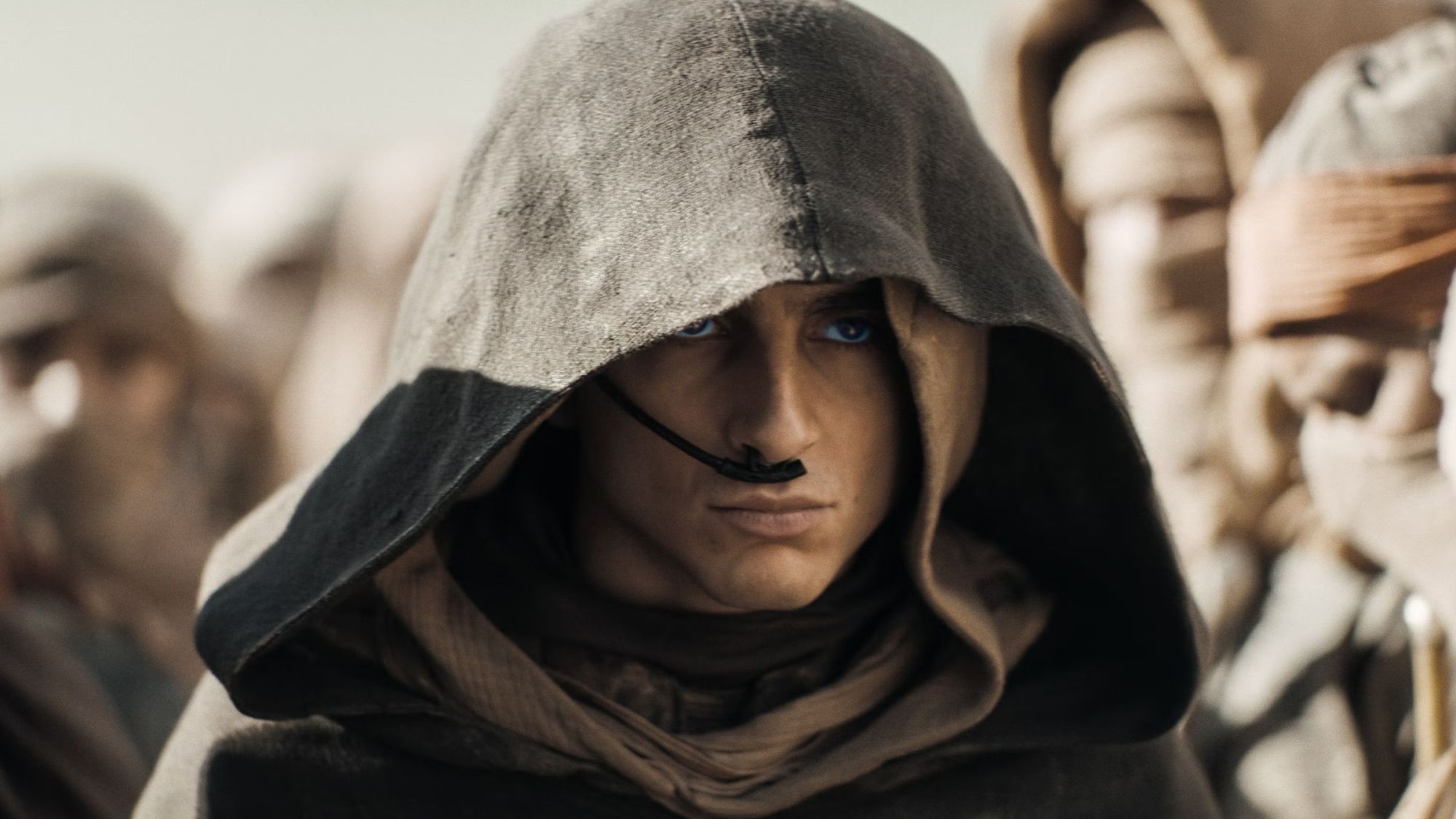
5 Great Movie Epics of the 21st Century
Cinema is always changing and surprising audiences, especially thanks to movie epics that draw massive crowds, break records, and make history — but that’s a pretty vague term. What exactly makes a film epic? It’s not just about huge battles or multi-million-dollar effects. Sure, scale matters, but it’s also about purpose. A true epic puts its characters up against something far bigger than themselves: a war, a prophecy, or even a crumbling empire. It’s the kind of story that makes the audience feel the weight of the world on the protagonists’ shoulders, not just watch the action unfold. It’s about scale, risk, and real ambition. When it works, the result is an experience that grabs you with its size and stays with you for its emotion. And that’s what separates an epic from just another big movie.
But which films actually fit that description? From historic wars to sprawling space sagas, here are 5 great movie epics of the 21st century that made history and left a legacy. They didn’t just impress; they reminded everyone of the true power of a great “event movie.”
5) 300
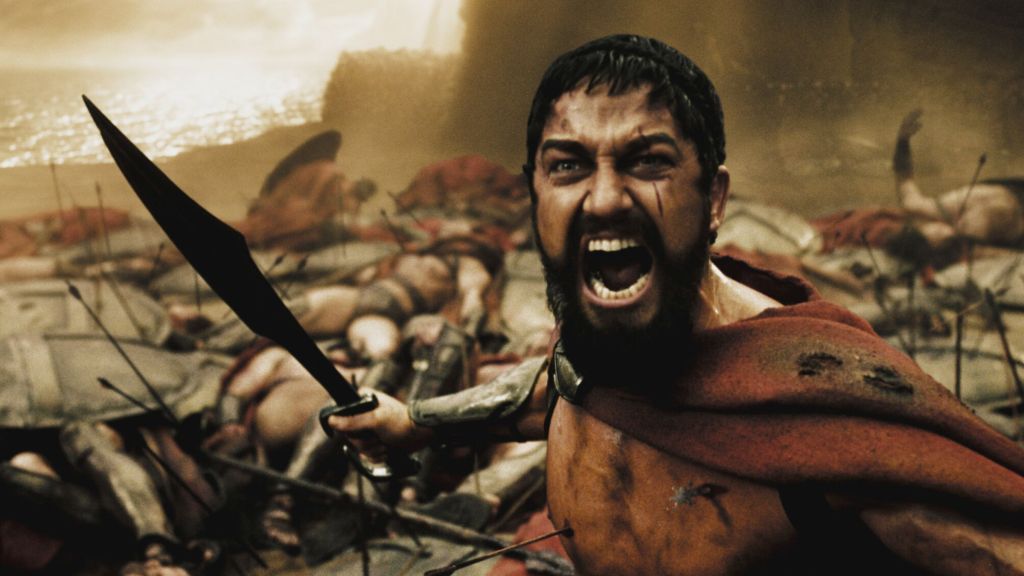
In cinema, plenty of movies have made history, but few managed to turn history itself into pure spectacle quite like 300. Director Zack Snyder took the story of the Battle of Thermopylae and turned it into something between a comic book, a video game, and a digital painting (which was pretty bold and creative for its time). The film follows King Leonidas (Gerard Butler) leading 300 Spartans against Xerxes’ massive Persian army, delivering a story about courage and sacrifice. But what really stands out is the style: every shot feels like an illustration in motion. The blood, the contrast, and the slow motion aren’t there for realism; they exist to pull you into a world where exaggeration is the point.
If you rewatch 300 today, it’s easy to see how much it shaped 2000s action cinema. The oversaturated visuals and the “style over substance” approach basically started here. No, the script isn’t deep, but that’s fine (Snyder never promised nuance, only intensity). Yet it works, because this is the kind of epic that still delivers something visually iconic. It’s a movie built on war, violence, and raw energy, and whether you like it or not, you have to admit it: Snyder knew exactly what he was doing. For a long time, this movie wasn’t just a hit — it was a cultural talking point.
4) Gladiator
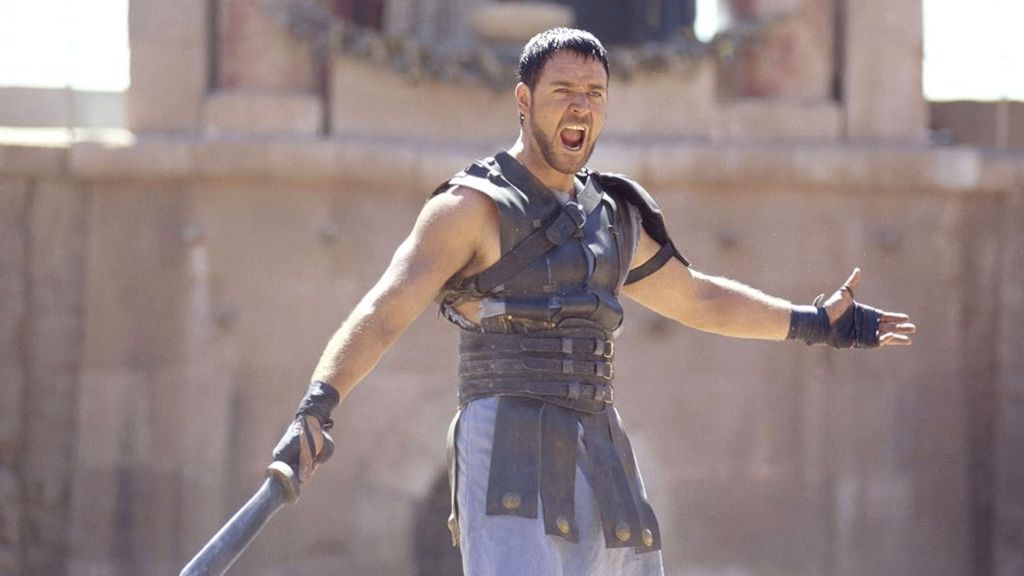
Let’s be honest: before Gladiator, epic cinema felt like it was dead. Ridley Scott brought it back in full force with the story of Maximus (Russell Crowe), a Roman general betrayed, enslaved, and forced to fight in the arenas to get revenge on Emperor Commodus (Joaquin Phoenix). At its core, it’s a classic revenge story, but Scott tells it on a scale that makes every battle look like a Renaissance painting in motion. He delivers spectacle, sure, but he never loses the emotional center — Maximus is a hero carrying the weight of duty and loss, not just a sword.
Before the sequel’s release in 2024, the world was already expecting something massive because Gladiator perfectly balances personal drama with colossal action. It’s brutal but elegant, packed with lines that have lasted decades (“Are you not entertained?” became a meme long before memes were a thing, for example). Scott’s genius was taking a classic story and turning it into a modern, grand experience without leaning on over-the-top CGI. Even after twenty years, it still sets the standard for studio epics: big, gripping, and human enough to really hit the audience.
3) Avatar
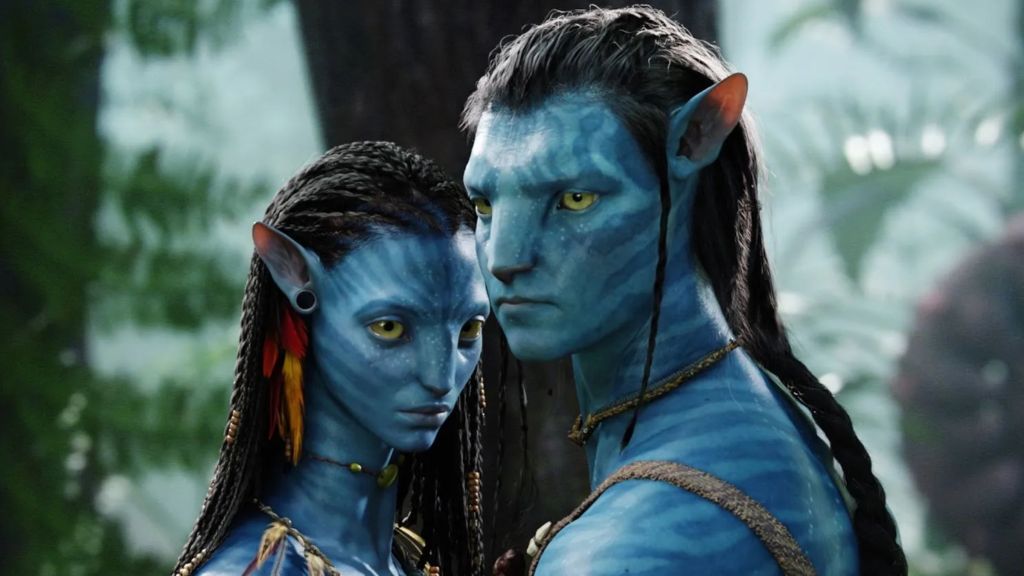
You can love or hate Avatar, but you can’t ignore what James Cameron pulled off here. The story follows a paralyzed ex-marine who ends up living among aliens and ultimately switches sides. Jake Sully (Sam Worthington) arrives on the planet Pandora and, as he gets closer to the Na’vi, realizes that humans are the real problem. What really matters here is the scale of Cameron’s vision: entire worlds built from scratch, creatures, ecosystems, and a brand-new visual language. The epic is in a fully realized immersion. Pandora feels alive, almost tangible, and every detail is designed to pull you in. Overall, is less about the story it tells and more about making you feel like you’re inside it.
Avatar was the last major cinema event before the age of shared universes took over. Despite some criticism about its predictability, the film redefined what audiences expected from a blockbuster at the time. Cameron was trying to change how people experience movies, and he nailed it. Pandora still feels alive, and few directors understand the balance between spectacle and emotion as well as he does. The script might be simple, but the experience is massive, almost overwhelming. Nobody was ready for what he brought to the table, which is why it hit so hard.
2) The Lord of the Rings: The Return of the King

You can’t talk about movie epics without mentioning The Lord of the Rings franchise. If there’s a definitive model for it, it’s The Lord of the Rings: The Return of the King. The final chapter of Peter Jackson’s trilogy delivers it all: massive battles, raw emotion, and a conclusion that truly feels like the end of an era. The story follows Frodo (Elijah Wood) and Sam (Sean Astin) as they make their way into the heart of Mordor, while Aragorn (Viggo Mortensen) leads armies to distract Sauron. It’s the culmination of everything the trilogy built — every arc, every character, and every tear shed. And that alone is enough.
What Jackson achieved here is almost unbelievable in terms of scale and consistency. Clocking in at nearly four hours, nothing ever feels overstuffed. The battles are huge, but the emotional core — friendship, sacrifice, and the idea that even the smallest person can change the course of the world — keeps it grounded. This is the kind of finale studios spend decades trying to replicate. Return of the King is, without question, the gold standard for modern epics, and its 2004 Best Picture Oscar only confirmed what everyone already knew: no one has handled fantasy at this level since.
1) Dune: Part Two
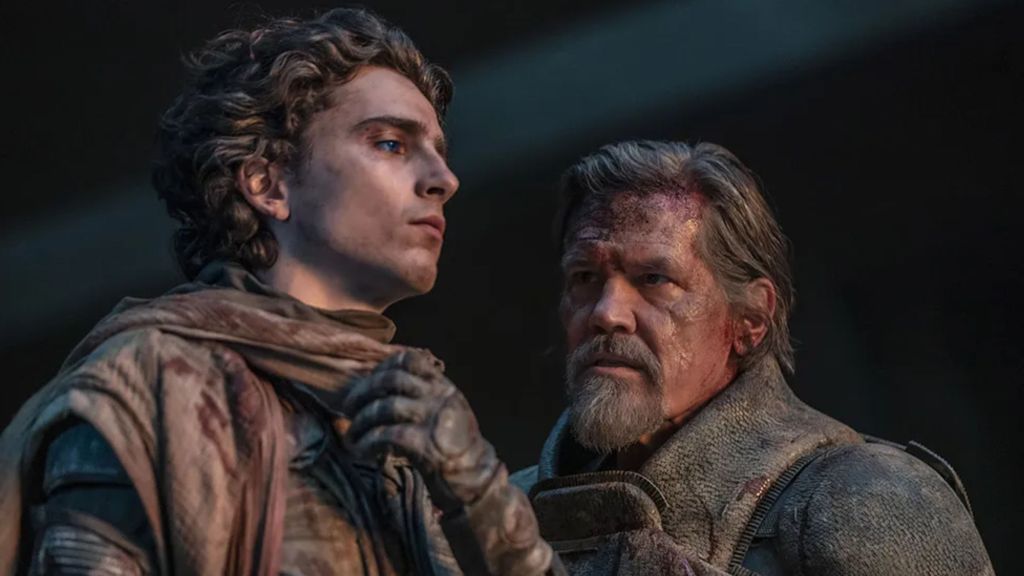
Here, Denis Villeneuve pulled off the impossible by bringing Dune to the big screen. Why? Because he managed to turn this complex sci-fi into something not just understandable, but genuinely epic. The first movie was a solid introduction, but it’s the sequel that changes the game. Dune: Part Two follows Paul Atreides (Timothée Chalamet) as he joins the Fremen to take on the Empire in a story that blends politics, religion, and destiny on an interplanetary scale. The narrative is dense, but Villeneuve doesn’t apologize for it — he wants the audience fully immersed, not just watching. This is a film that truly demands a big screen and full attention.
Upon release, it broke records, and even viewers who weren’t fans of the first film or weren’t into the genre had to admit it was something special. What sets Dune: Part Two apart from other epics is the director’s insane level of control. Nothing is wasted: every visual, every sound, and every cut serves to make the world feel real. It’s a blockbuster that refuses to treat the audience as mere consumers and instead makes them participants in the experience. Villeneuve delivered something that thinks big and executes even bigger — something you rarely see these days. In the end, this is an epic that defines its era: smart, visually staggering, and brimming with a bold confidence Hollywood has mostly forgotten.
What’s your take on these epic movies? Got a favorite? Is there another film you think should’ve made the list? Let us know in the comments!



